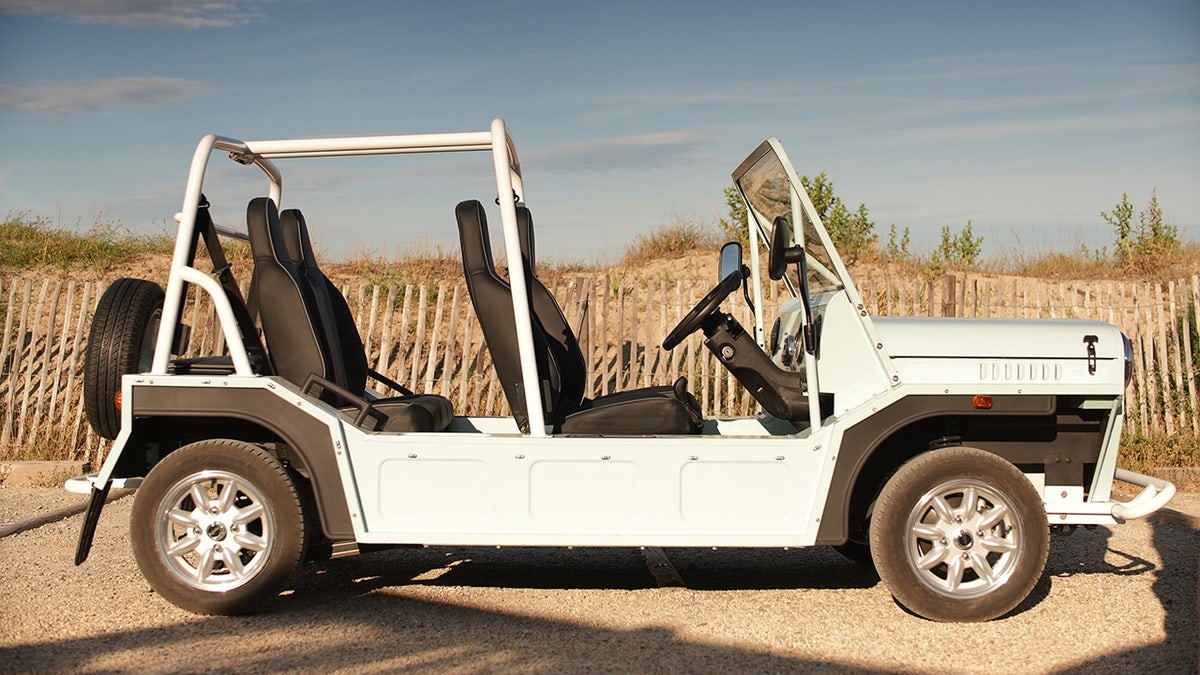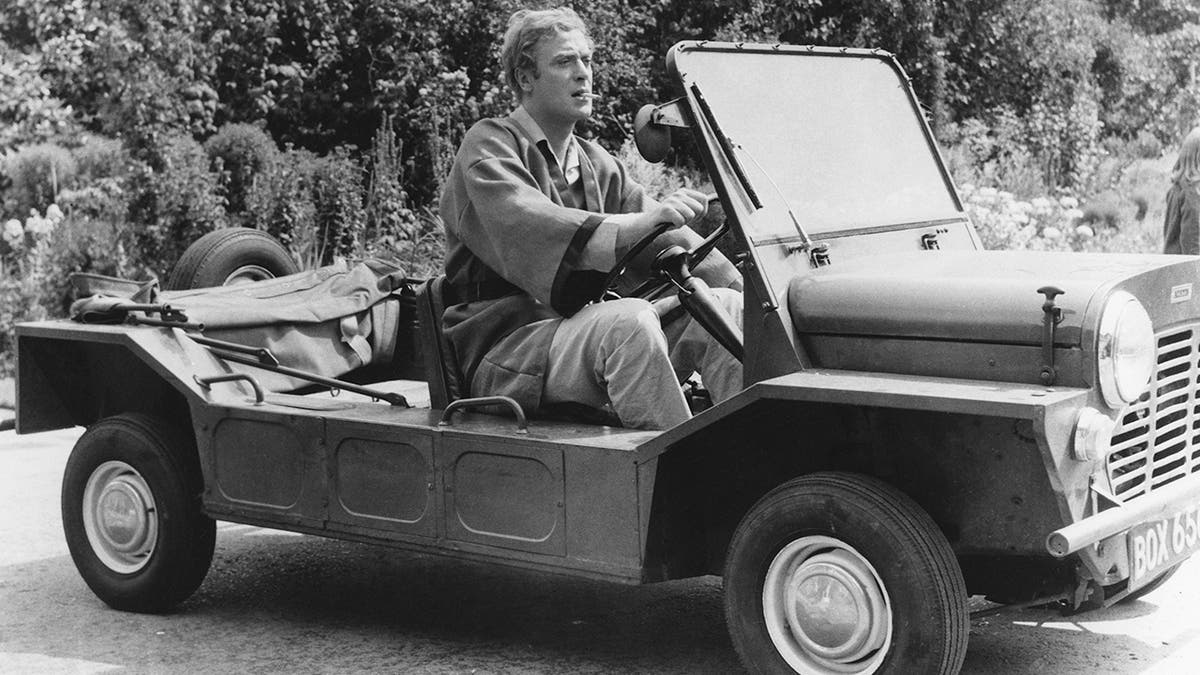The new Moke is no joke.
Moke International has announced plans to begin selling a new take on the classic and very unusual Mini Moke.
The Moke was originally designed as lightweight shippable vehicle for military use, but became popular as an affordable utility vehicle in rural areas and as a beach cruiser.
U.S. sales of the original ended in 1982. Production was discontinued in 1993, but has been rebooted in the U.K. by the newly-formed Moke International with an updated take using electric power.
THE TOYOTA FJ CRUISER THAT REFUSED TO DIE IS FINALLY BEING KILLED

The Moke Californian is a highway legal EV. (Moke International)
The Moke Californian will be exported to the U.S. under the terms of the recently-established low-volume motor vehicle manufacturers regulations, which allow companies to sell up to 325 officially-licensed replicas of vehicles that are at least 25 years old annually without having to meet current safety standards.

The Californian is based on the original Moke. (Moke International)
The 44 horsepower Moke Californian is technically highway legal, but still intended to be more of a runabout with a top speed of 50 mph and a range of 80 miles per charge.

The Moke was initially designed to be a military vehicle. (Central Press/Archive Photos/Getty Images)
Pricing for the U.S. has not been announced, but a launch edition sold overseas starts at around $40,000, which is about what one of the original gas-powered models in good condition is worth today.
JEEP WRANGLER RUBICON FAROUT IS THE BRAND'S LAST DIESEL SUV

The Moke became popular as a recreational vehicle in beach areas. (Silver Screen Collection/Getty Images)
The vehicle is entirely different from the $22,975.00 Moke America neighborhood electric vehicle, which can only reach 25 mph top speed, but has become popular in high-end vacation communities and with style influencers on social media.
CLICK HERE TO GET THE FOX NEWS APP
Moke International has sued Moke America for trademark violation, as it claims to own the rights to the name in over 100 countries, and the case is expected to be heard early next year.




















